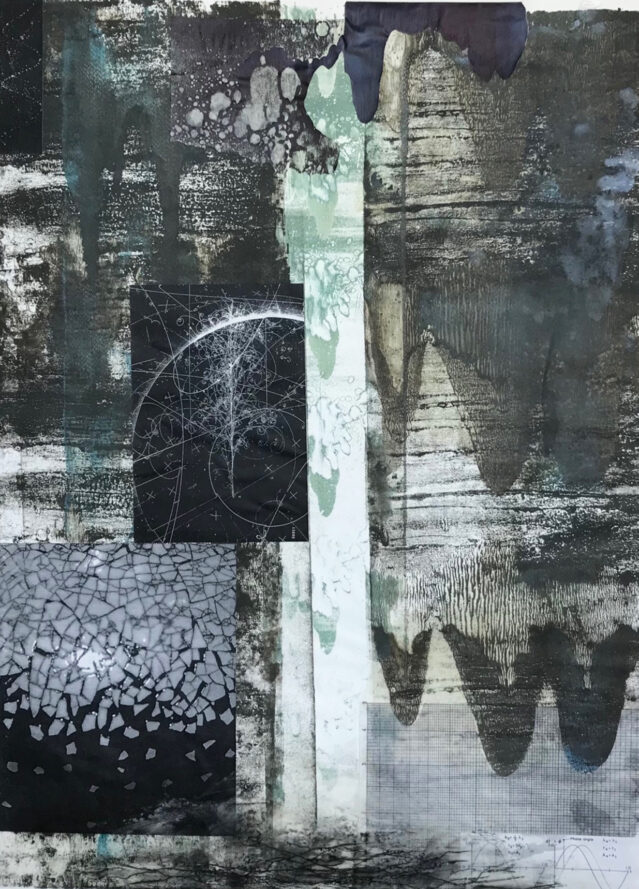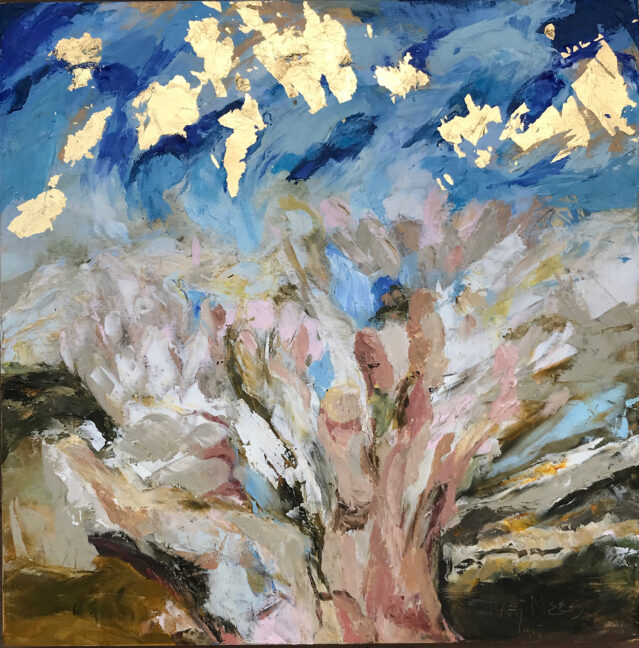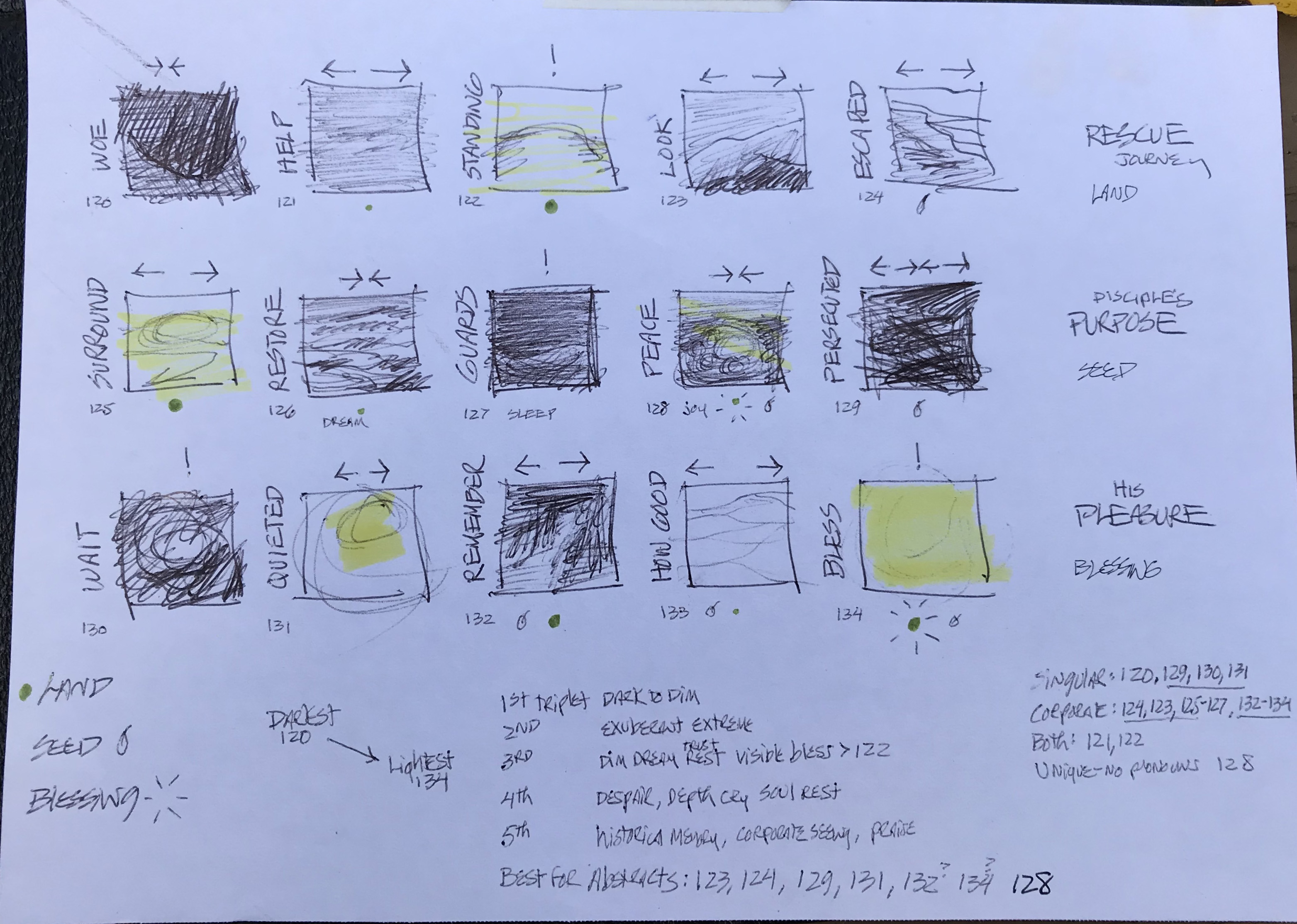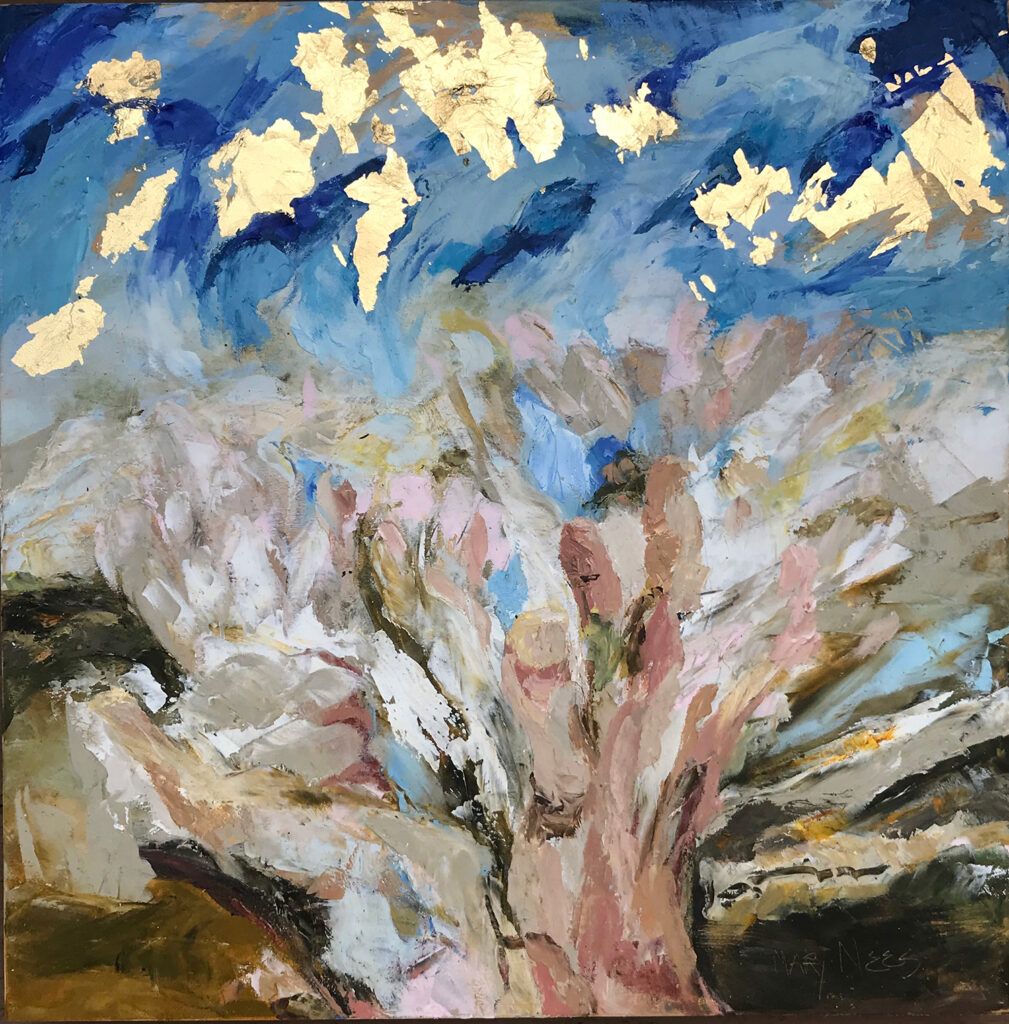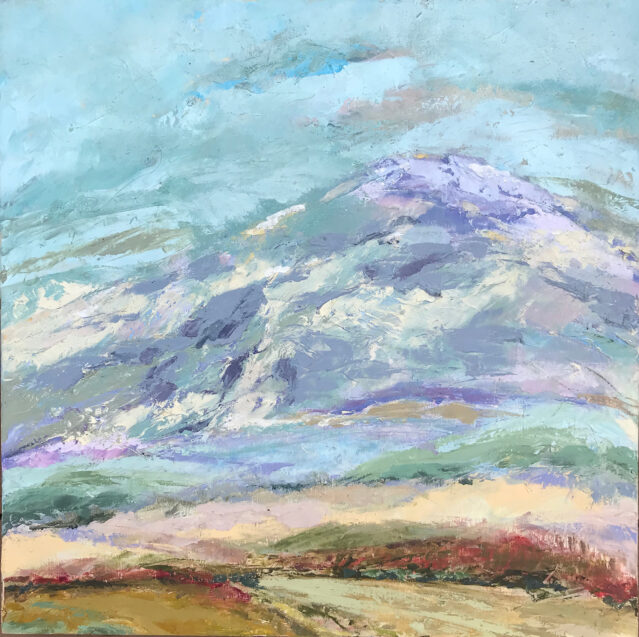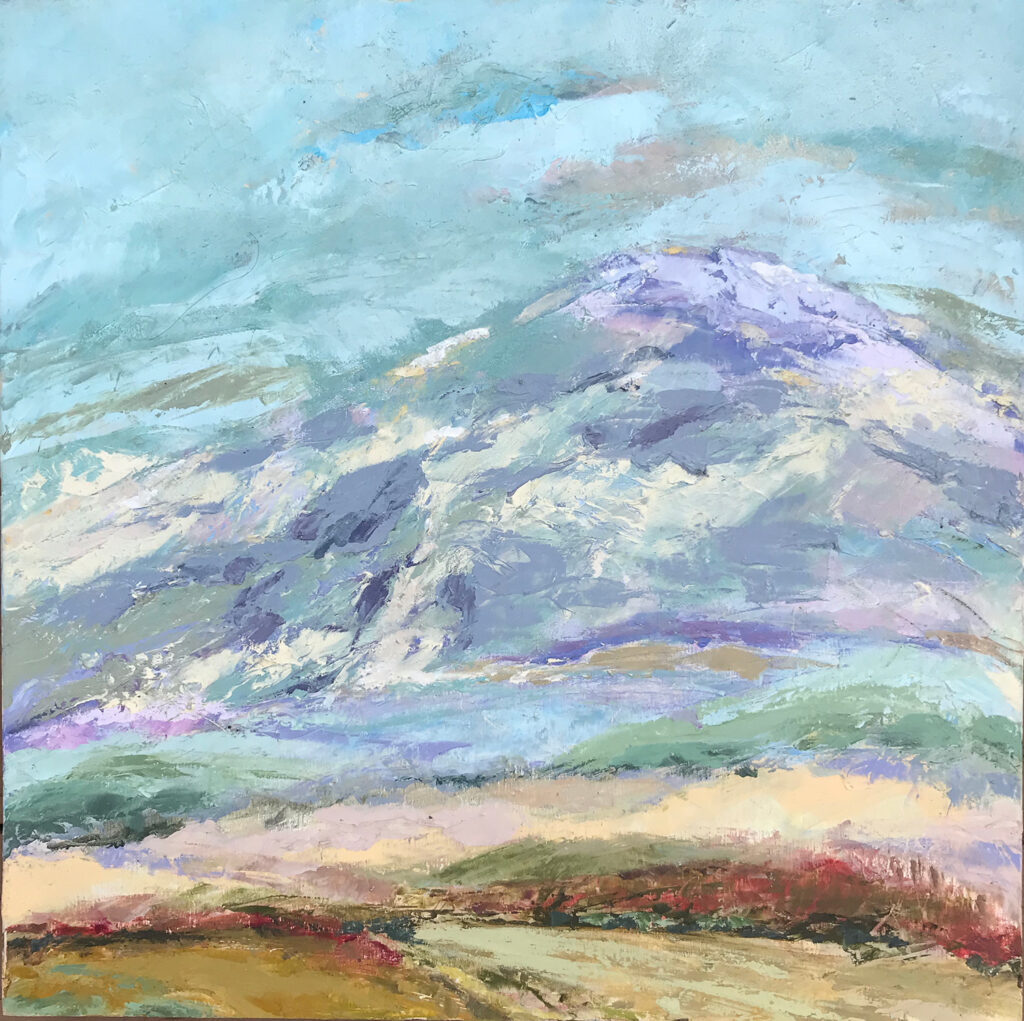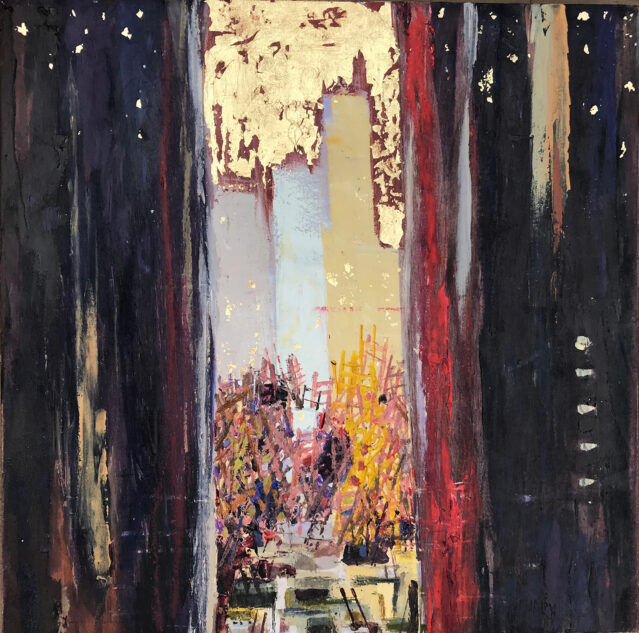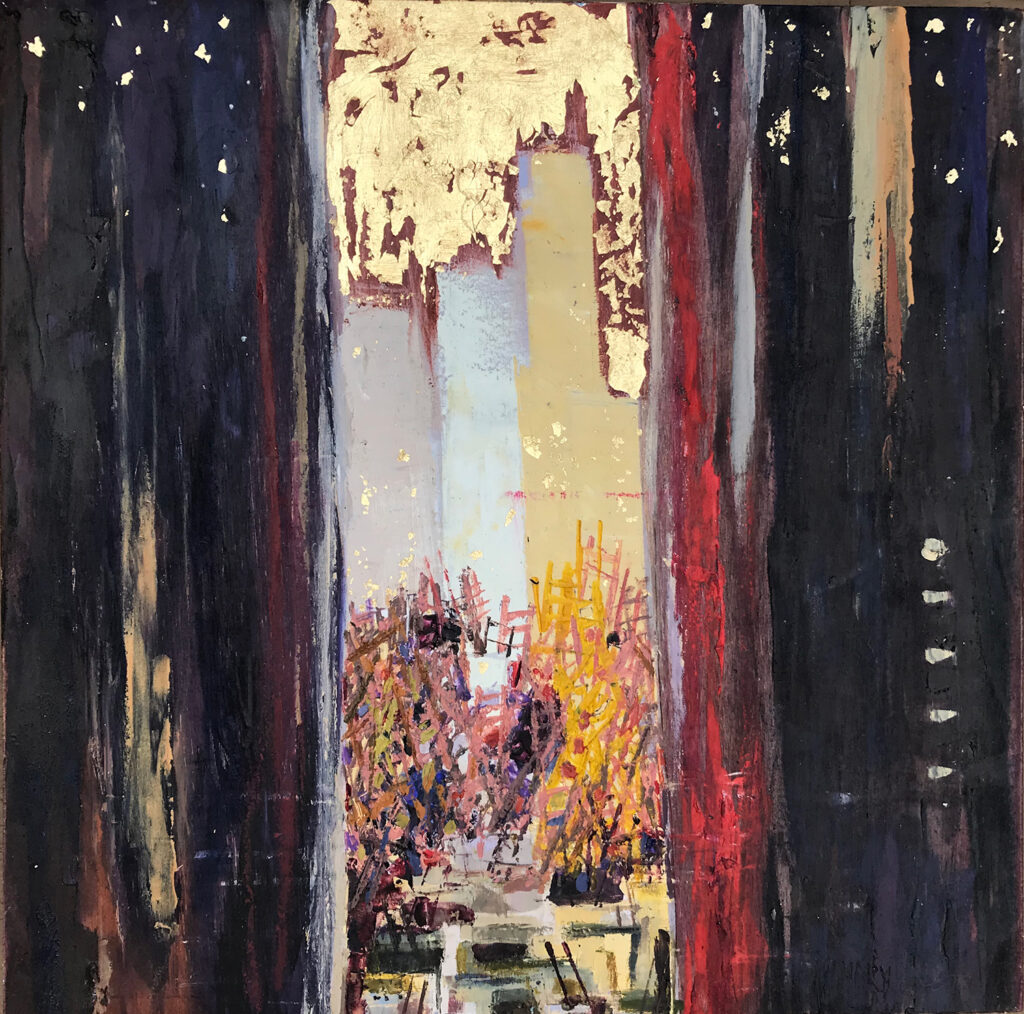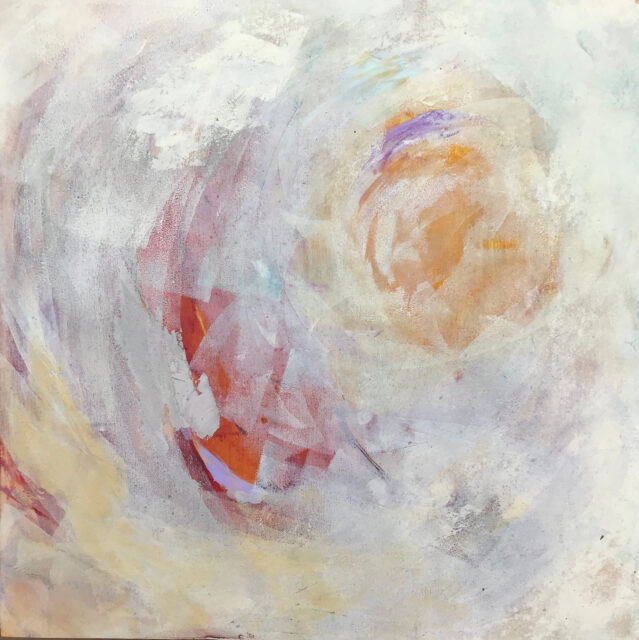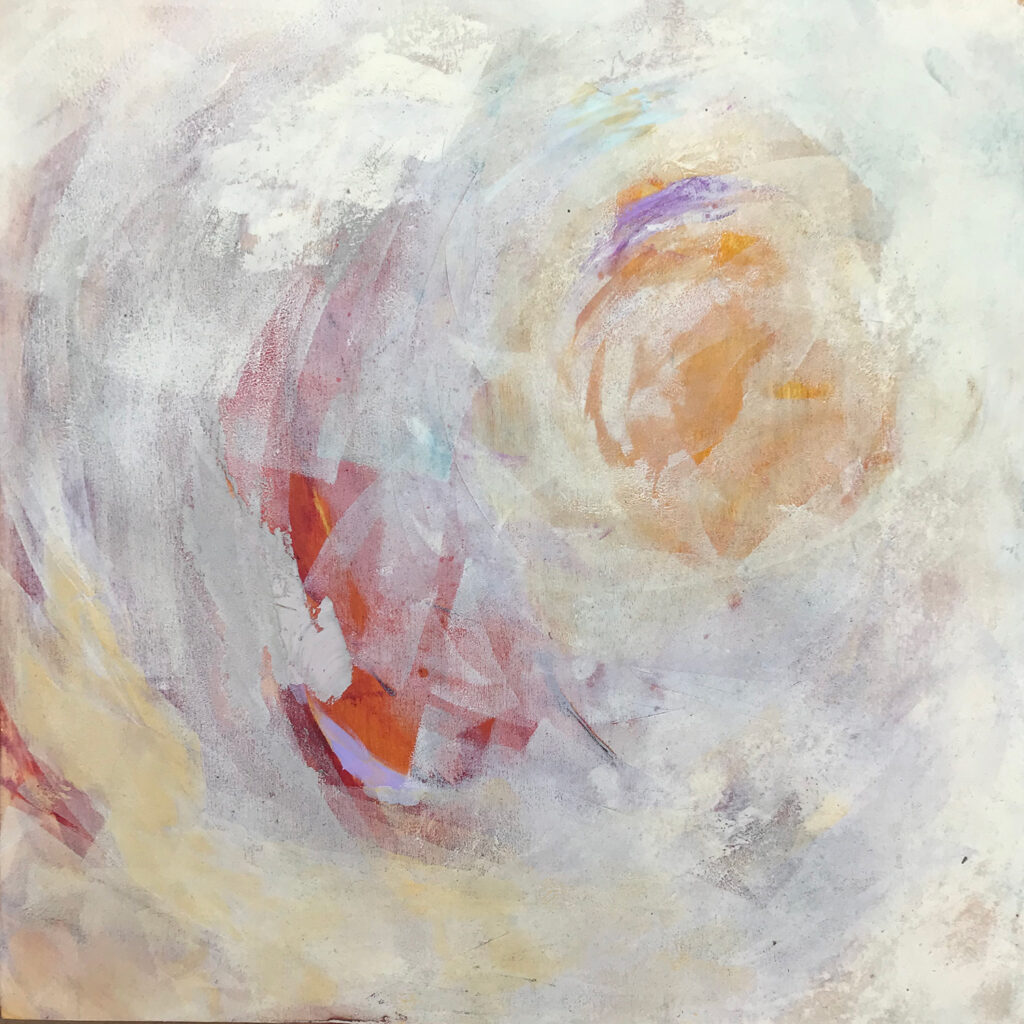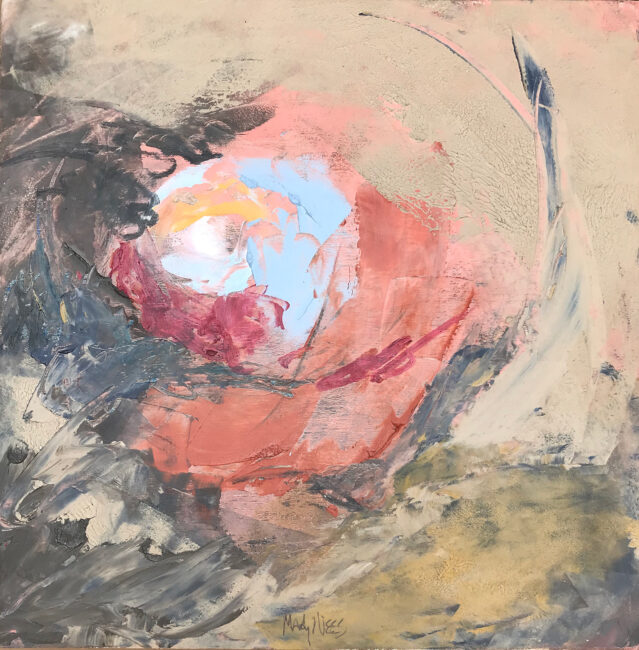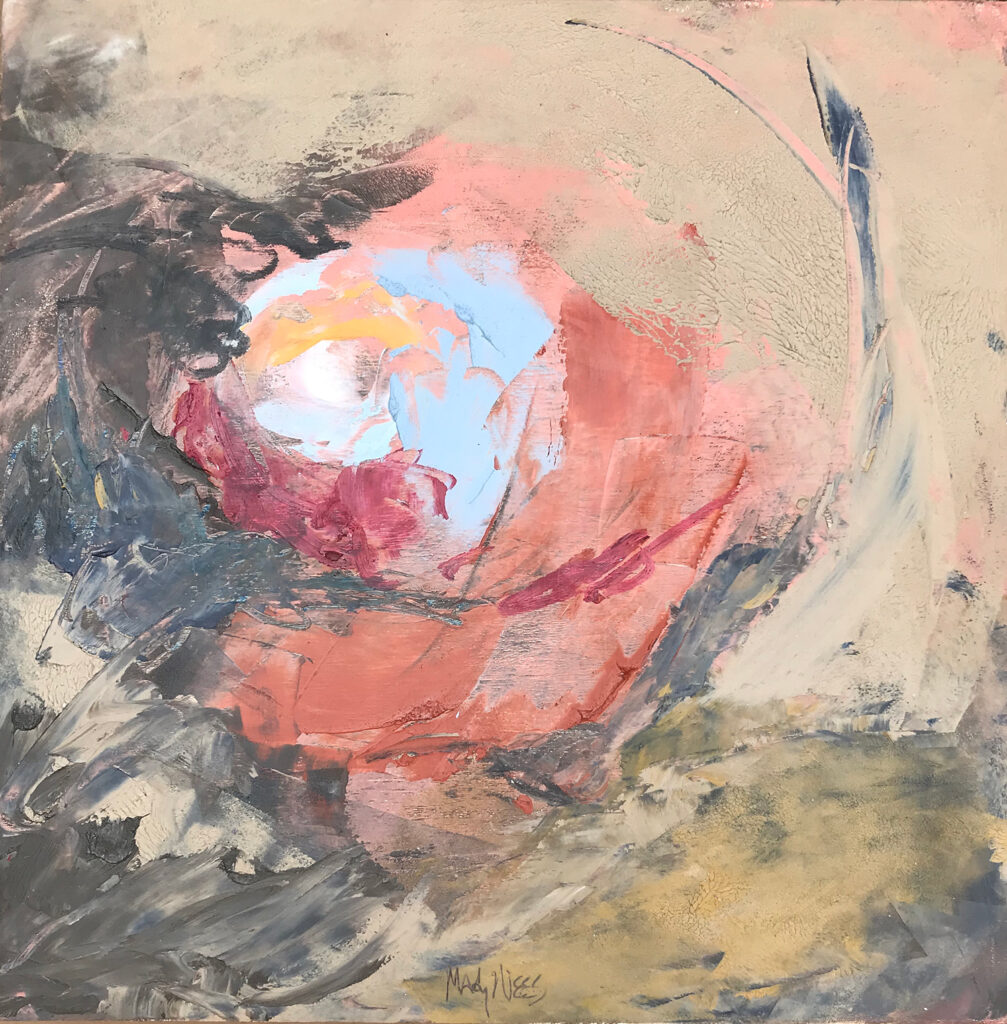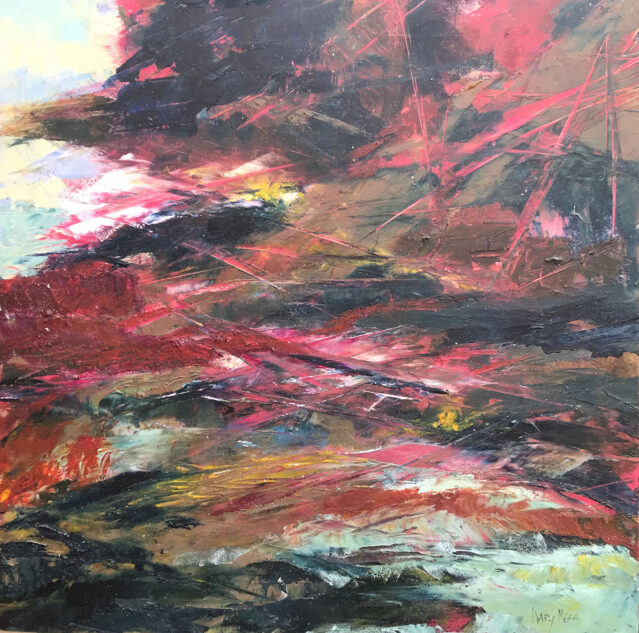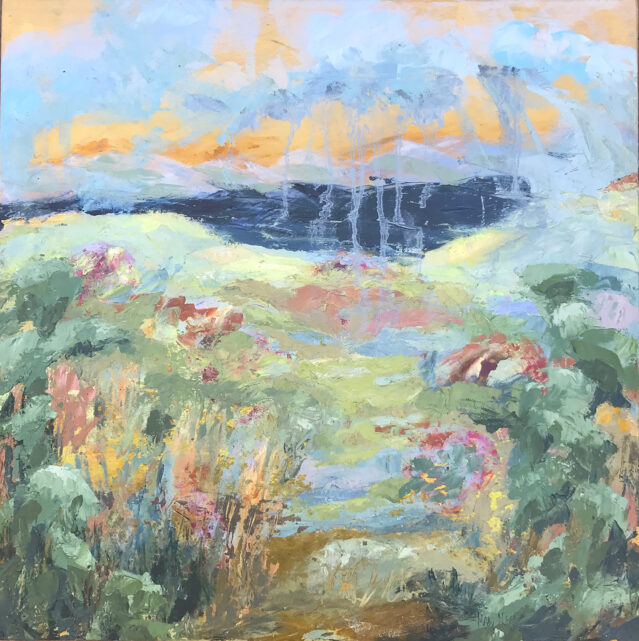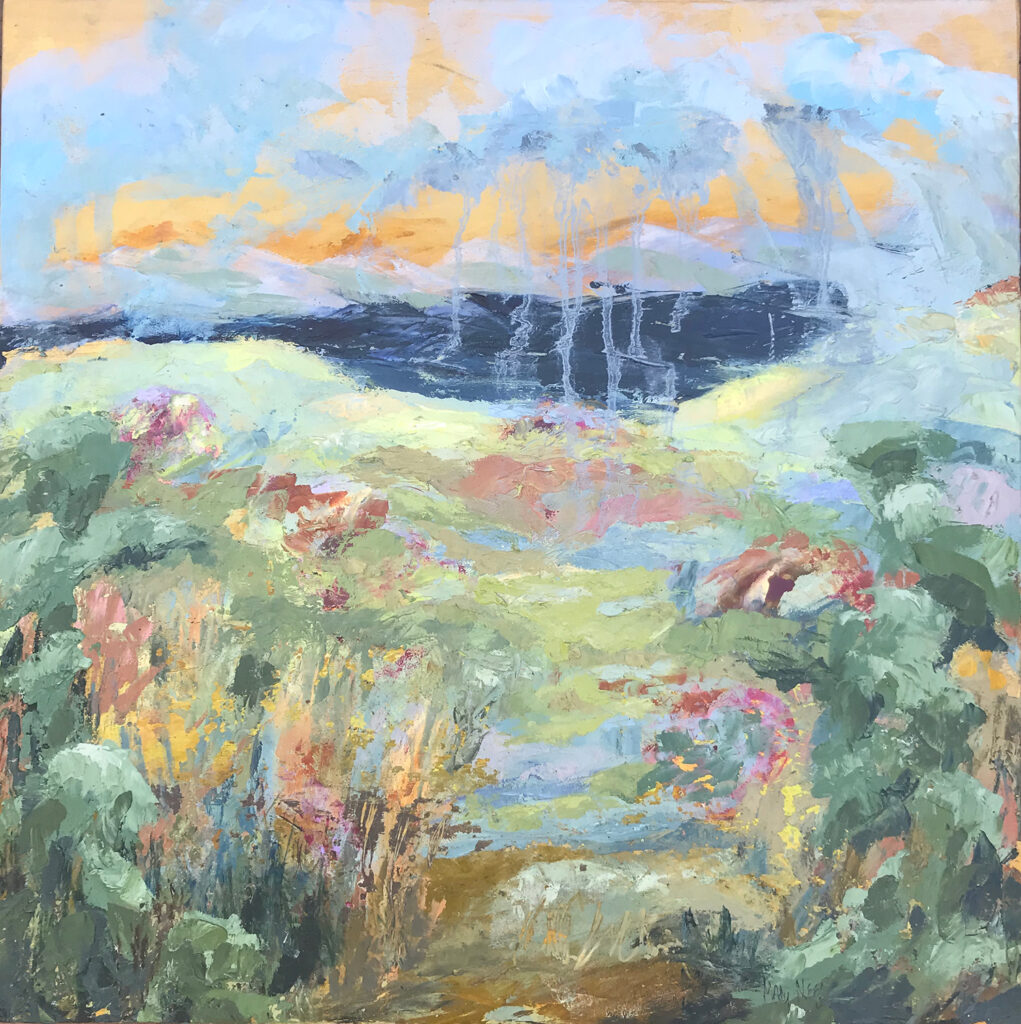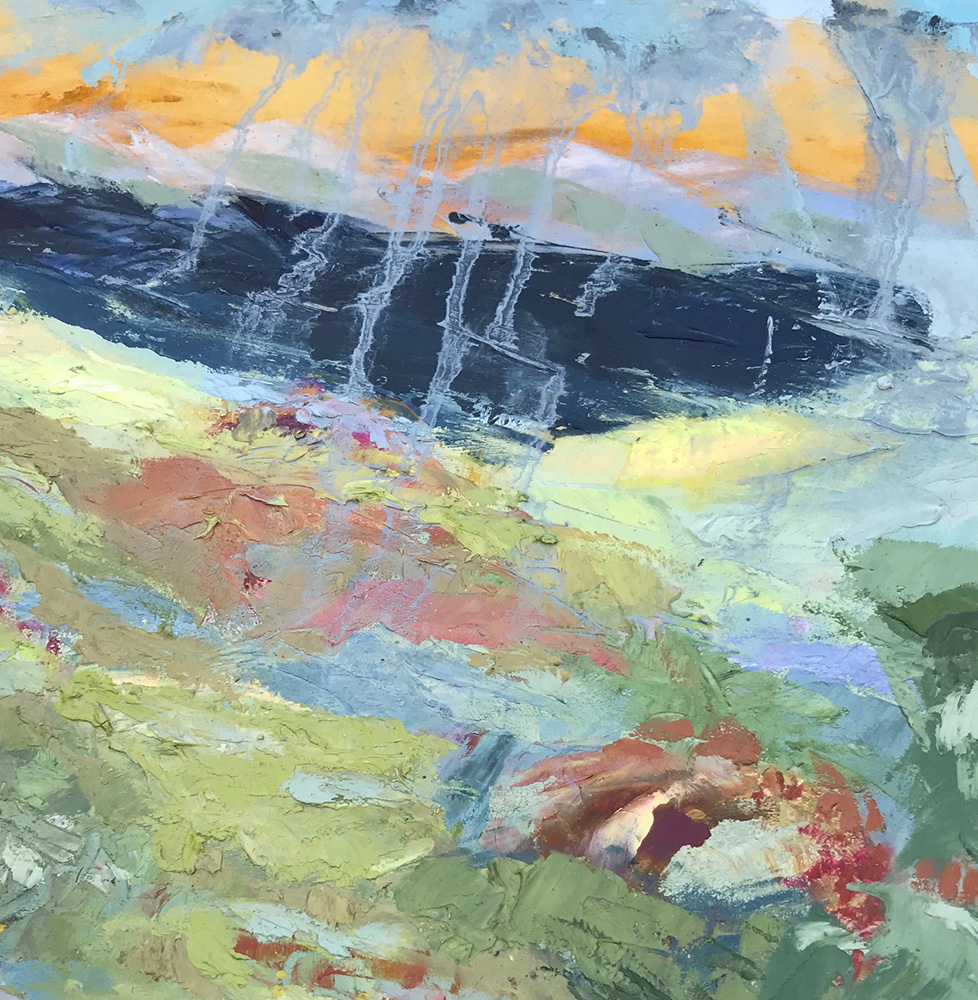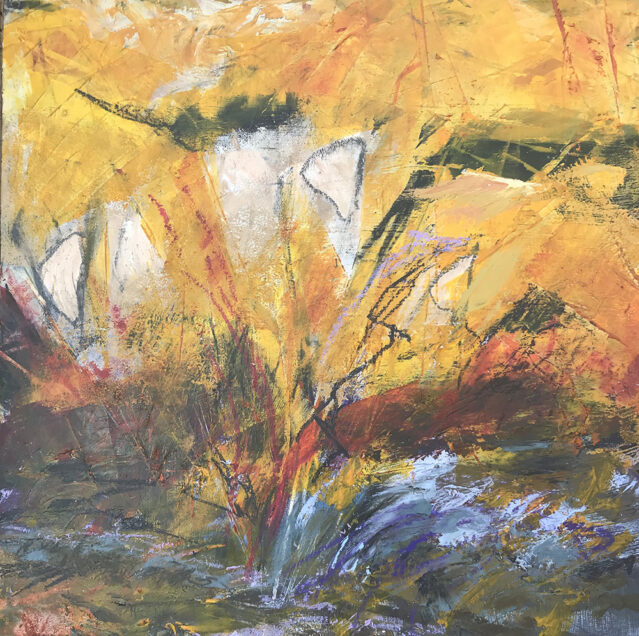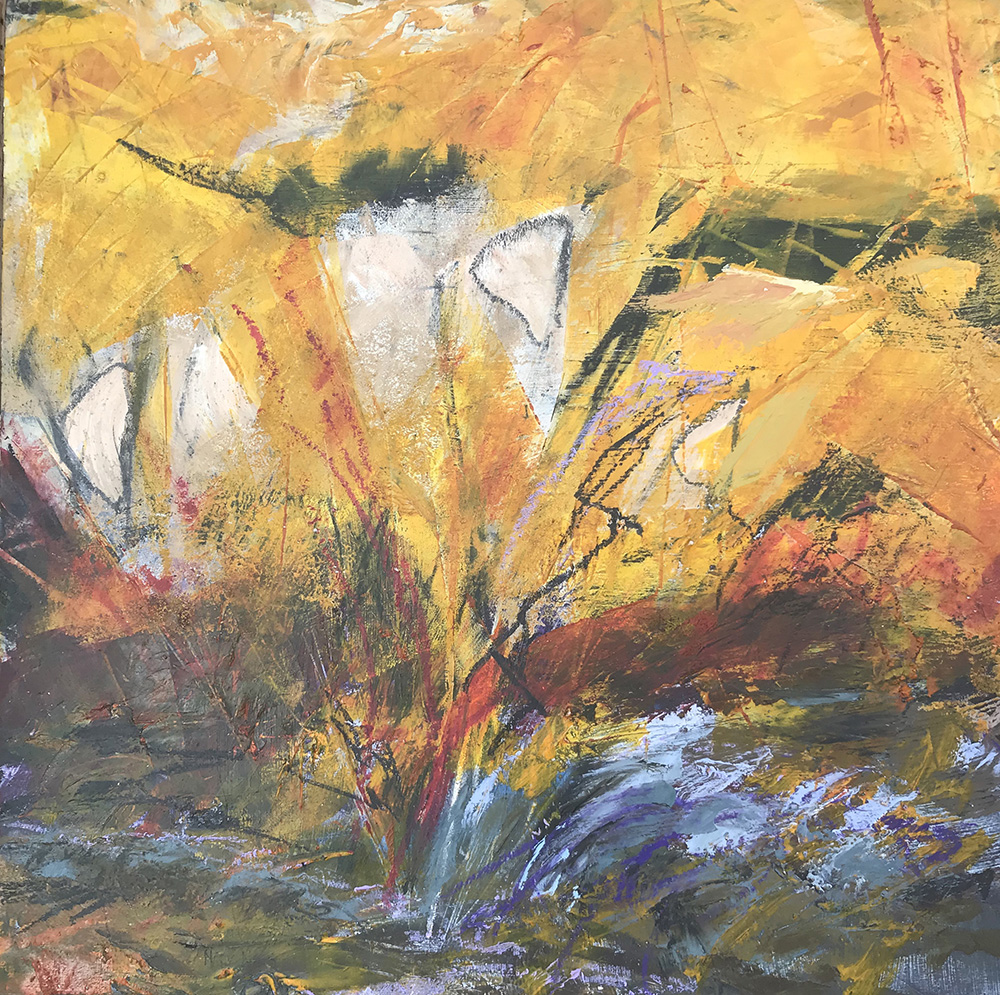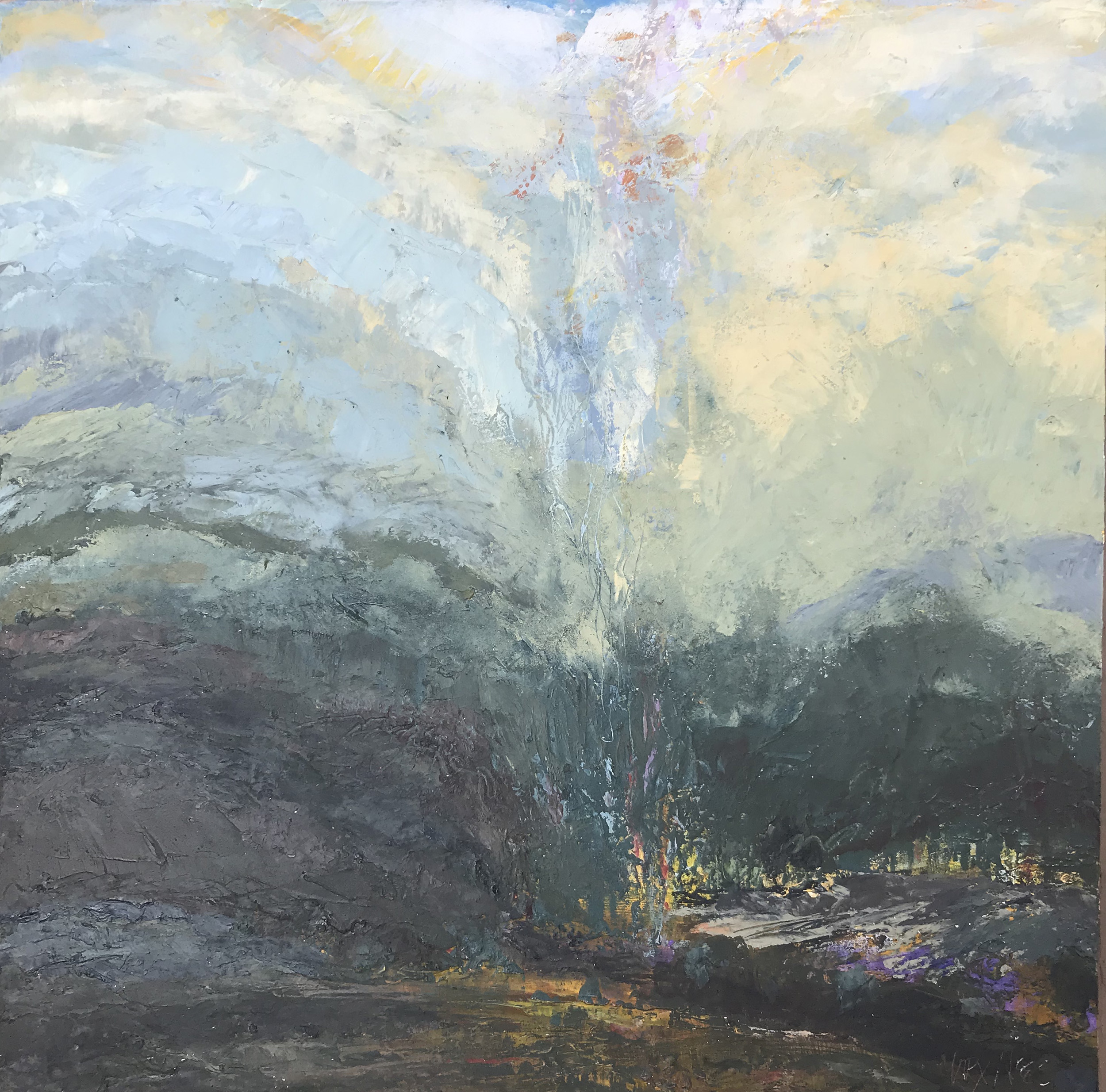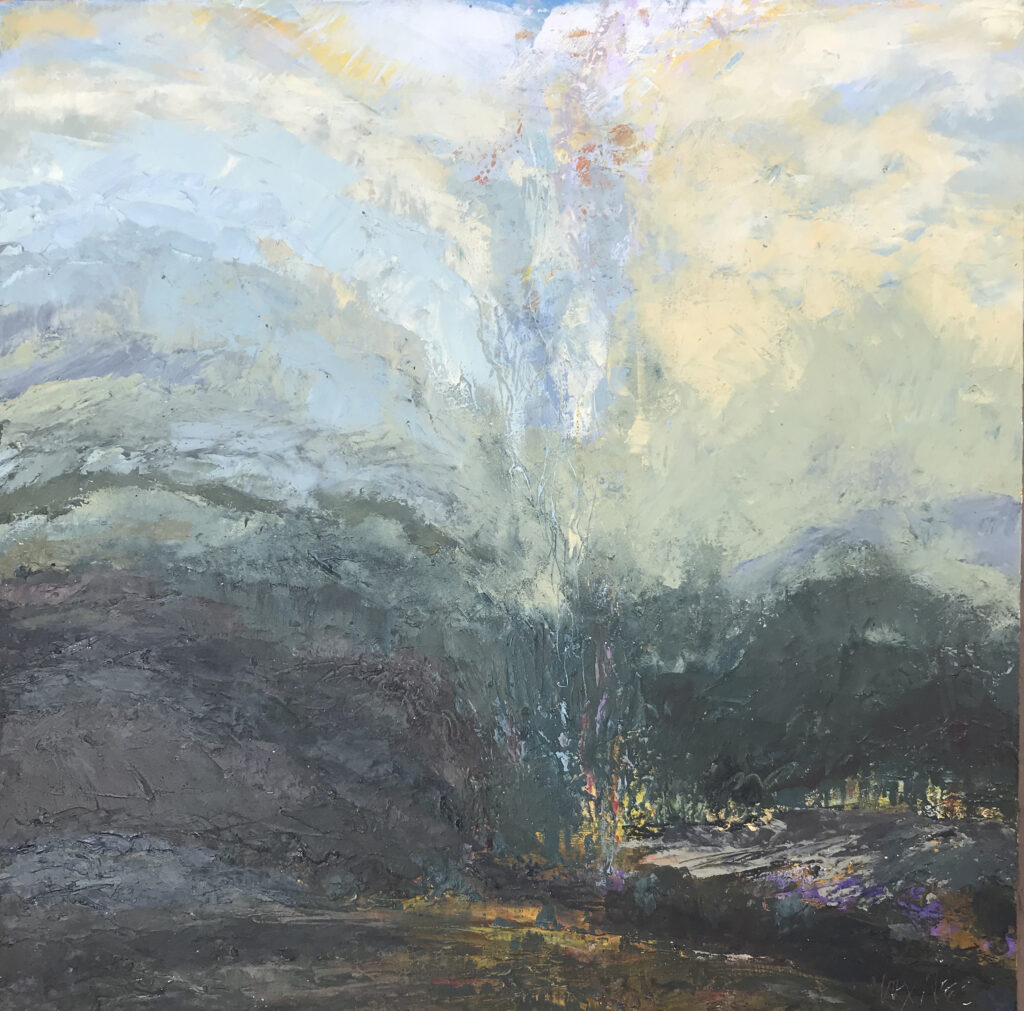1. Symbol S For a closed thermodynamic system, a quantitative measure of the amount of thermal energy not available to do work.
2. A measure of the disorder or randomness in a closed system.
3. A measure of the loss of information in a transmitted message.
4. The tendency for all matter and energy in the universe to evolve toward a state of inert uniformity.
5. The deterioration of a system or society, especially when it seems inevitable: city activists who fought entropy by organizing neighborhood groups.
[German Entropie : Greek en-, in; + Greek tropē, transformation; see trep- in the Appendix of Indo-European roots.]
(cited from the American Heritage Dictionary: https://www.ahdictionary.com/word/search.html?q=entropy&submit.x=48&submit.y=13)
Entropy is an important concept to understand for it describes the very time in which we’re living. I offer not only basic definition here but also some explanation through my own work, for I think it informs our moment.
I learned the meaning of “entropy” in a physics class; it marked me immediately as a truth. Not “my truth” (oh, please don’t bore us!) but universally recognized reality.
Entropy is a thermodynamic law, the Second Law, in fact. This means it is intrinsically true for all and has been observably tested through time. You can’t get away from it anywhere on earth. Entropically all material things degenerate. Bouncing balls left alone return to lower and lower heights, metal corrodes, soil depletes, smiles fade. As a high-schooler I had seen enough to know that things weren’t right, that breakdown and disappointment of outcomes was plaguing each and every one. I am not a philosopher, but as a chronic melancholic, learning there was a stated “law“ for this was actually a huge relief! Someone had identified and spoken the Truth out loud. Admitting this, it seemed to me then, at least maybe we could get somewhere meaningfully even in the midst of such harsh goings on.
That recognition was before I even cared about spiritual things, but I do think it was an important beginning point. One has to admit the universally bad news before any transcendent good news is even relevant!
Just recently I was pulling older work out of my flat files and re-discovered this large mixed media piece: “In Entropy”. I have entered it into my Icons gallery here, for its timeless significance. I accomplished this in 2006, and it was included in my MFA (graduate work final) show. This is a large collage pasted together from science text snippets, a photograph I took in Asia, and some hand-inked brayings onto good printmaking paper. I then layered in encaustic wax overlays.
What moved me here, and still moves me, is that in the midst of all the deconstruction going on all around, there are sure hints of pattern observable in forms and waves, in repeats and cycles. Pattern reveals a plan and a planner for those who are hungry to look into the back story. Scratchy lines (seen in so much contemporary work) are a symbol, as are sine charts which suggests process in time. We are all heading somewhere even in the dim.
I made this visual as a statement: that ultimate plan is bigger than breakdown, that hope has reason outside our narrow system, that beauty is a sign even in the dissipation, and that the Maker, the ultimate Planner is not at all perturbed. The prophets all spoke of when and how He will intervene in the mounting chaos. The time is His. Listen to Habakkuk quoting God’s words in his second report (2:3) “For the vision is yet for the appointed time; it hastens toward the goal, and it will not fail. Though it tarries, wait for it; For it will certainly come, it will not delay.” Jeremiah a couple decades later describes his own crushing trauma in Lamentations, but then he also grapples with the only One who could intervene into his particular pit “and therefore I have hope…“
Slice through or tear apart what is and what will be any way you wish. But if you dare to care, you may notice hints of promise shining through the fragments of ruin, for what Creator started, He will certainly also bring to resolution.
And though I am weighted (each day now) by the gravity pulling us all, my hands and my heart exult (every day) in the One who is truly coming as He promised. What He made He cares about, He sees how things are being handled. He will set right what concerns Him. Wait for it.
